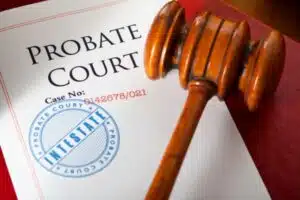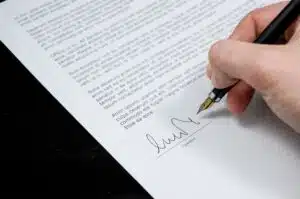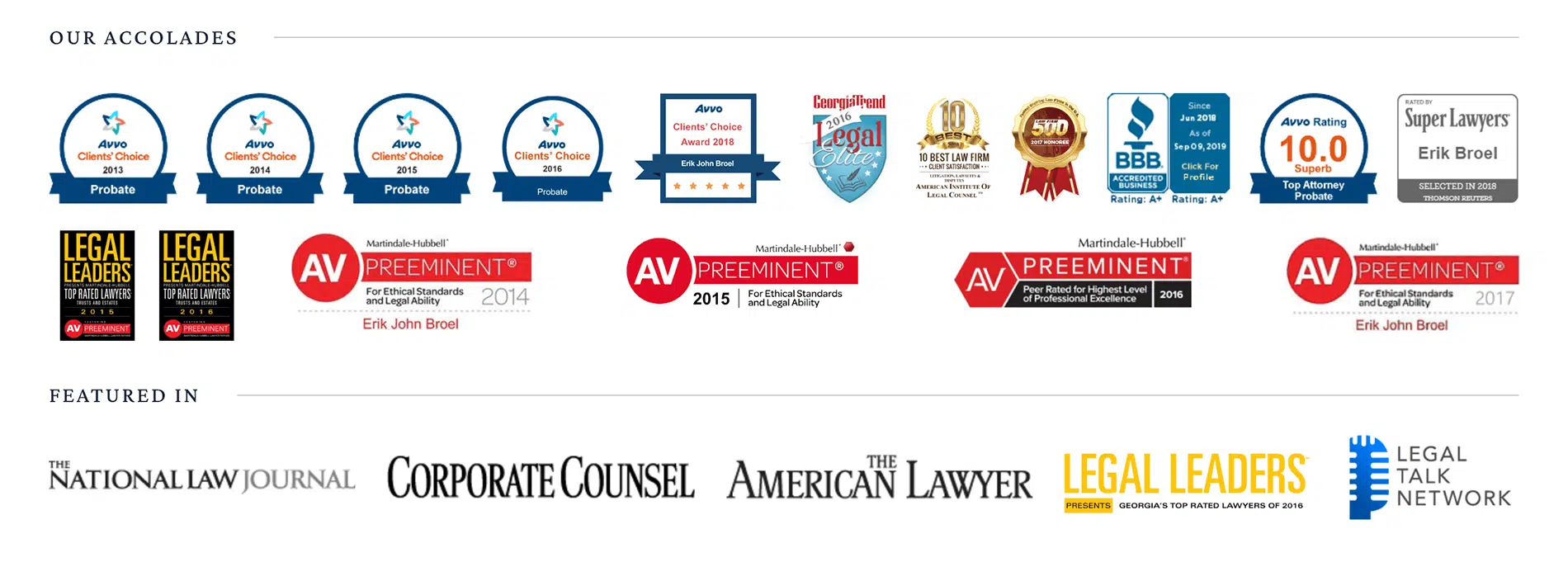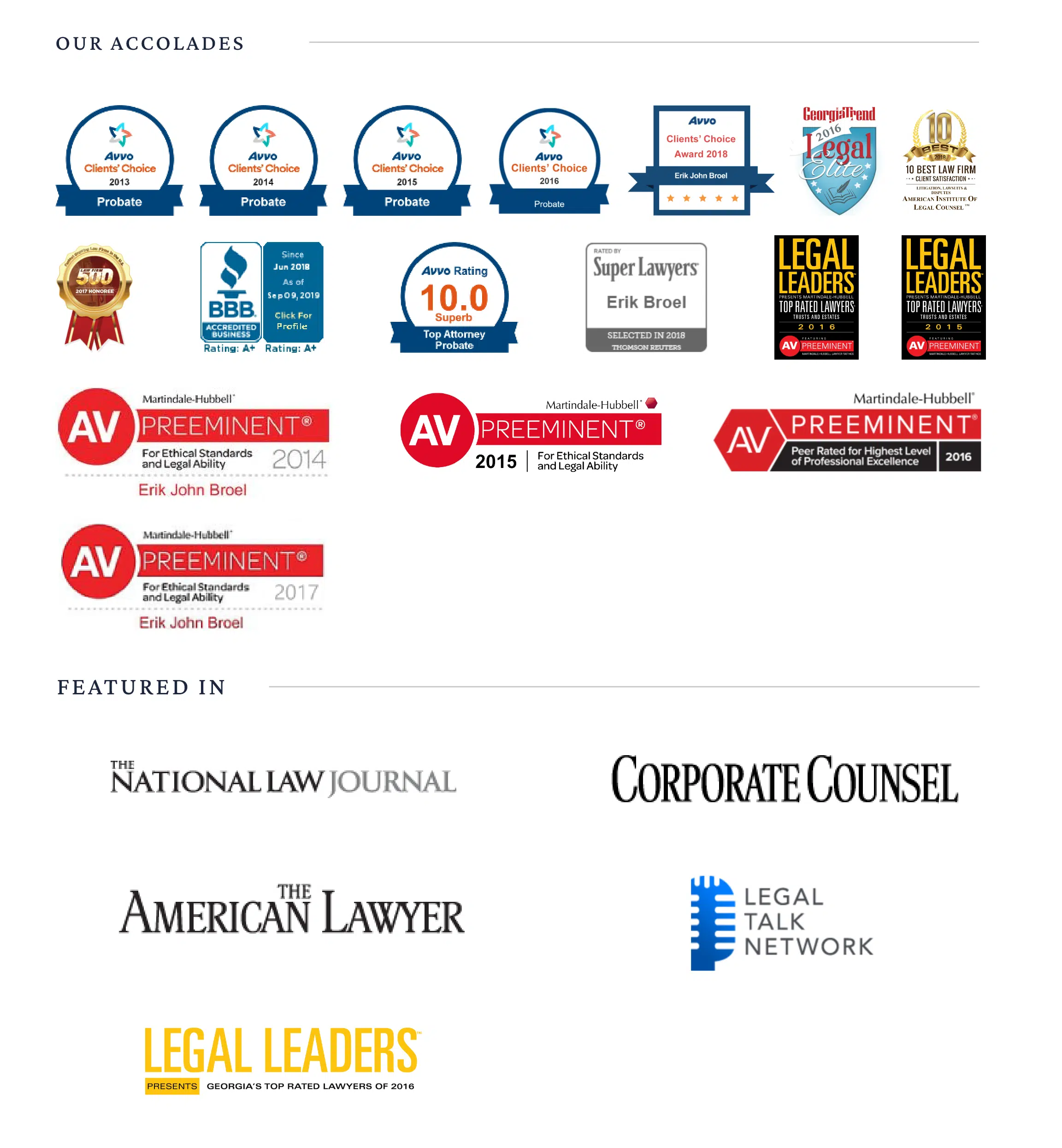Caveats are used, among other things, to protect the interests of an inheritance’s heirs and legal beneficiaries. A caveat acts as a “freeze” on the estate in question. And prevents anyone else from registering a transaction with that property that might be against the interests of the person who filed the caveat.
Generally speaking, “caveat” means a warning, notice, or word of caution provided to an entity or individual before they take action. The term (“let him beware” in Latin) has a range of usages common in finance and legal areas.
In simplest terms, the word “caveat” in law refers to a legal objection filed with the court; the person who files the petition is known as a caveator.
A probate caveat is used to challenge a will document itself, for example, where someone believes that the testament was forged or was not written and approved by the deceased person.
It is often used as an objection against a probate petition. A caveat is filed in court to prevent the proposed administrators of a deceased person’s estate from getting permission to administer the estate assets.
Under Georgia probate law, anyone interested in challenging a will has the right to do so.
Beneficiaries, heirs, and those whose inheritance can be affected by the will’s validity are free to raise objections. In some cases, creditors may also have the right to contest a will. However, they must bring evidence and prove their case in the process.
A caveat can put an estate on hold for a while in Georgia. Depending on the county in which the estate is located, the discovery period alone can cause a delay of two to six months. During this time, all interested parties have a chance to gather their evidence.
After the discovery period ends, the probate court will usually hold a hearing to make a decision.
The most common reason is that the person entering the caveat doubts the will’s validity. Another reason would be that the person entering the caveat doubts the non-existence of a will and believes that there is a valid will.
Other reasons could be:
When filing caveats, it is okay to state your objections, even if you do not yet have the evidence to support them. After filing the notice, the case will enter the discovery phase, where each side can gather evidence in its favor.
During and after the discovery proceedings, it is common for either side to file motions asking the court to take some action, such as excluding evidence or granting summary judgment.
When this phase is complete, the case will be scheduled for trial. Here, each side will present its case and evidence, and the court will determine whether or not the will is valid. Mediation is also widespread and necessary during this period.
Therefore, it is essential to gather evidence to support the claims made in the caveat. Without evidence, it can be difficult to contest the will successfully.
However, this is a complex situation, and we only recommend you attempt to deal with a will challenge with a qualified probate lawyer on your side.

As mentioned before, one of the most common reasons for challenging a will is its own validity. However, this is a complex situation, and we recommend you attempt to deal with a will challenge with a qualified probate lawyer on your side.
Suitability and priority are two of the most common grounds for objecting to someone becoming an administrator. If you have a caveat filed disputing the capability of an appointed administrator to carry out his or her legal duties, the court will want you to provide evidence to prove your claims.
There are several reasons why a person may be incapable of fulfilling their legal duties as administrator/executor. Georgia law identifies several categories of persons and lists their priorities in serving as an administrator. Thus, when objections are raised based on priority, the issue is that someone else may have a higher priority to serve as a personal representative.
That said, it is essential to know that the law requires the probate judge to use the list as a guideline but does not require that it be strictly followed in every case. Therefore, the judge can select the person they deem best suited for the position.
A properly filed petition for a year’s support can end up taking the entire estate if no one challenges it.
However, filing a formal notice with the court can drastically reduce the amount of one year’s support granted. The reason is that once a caveat is filed, a process begins that will end with a hearing on the year’s support petition.
Before this step, each party will have time to gather certain acts to present to the judicial officer to prove their case. The person requesting a year’s support will have the opportunity to explain certain circumstances that justify why the amount they request is appropriate. Also, the caveator will be able to demonstrate why the amount claimed as a year’s support is more than the value to which the petitioner is entitled under the law.
The time limit set by the court for contesting a claim for year’s support is typically 30 days in Georgia, but it is important to have a probate attorney review the paperwork you have received from the court to ensure that you meet the deadline to respond. Otherwise, your caveat may be ignored or dismissed by the court.

When you serve as an executor or administrator without expanded powers, there are limited circumstances in what you can do without court approval. Even some of the most common tasks, like selling an estate home or car, require obtaining permission from the court first.
You must have a formal notice filed with the probate court for leave to sell to obtain that permission.
In that petition, you will need to identify for the court:
Once the petition is filed, the court will notify all heirs and/or beneficiaries to allow them to object to the petition for leave to sell. If a caveat is filed, then the court will order a hearing.
Having extended powers helps the executor to simplify the probate procedure. It could also avoid the costs and delay the filing of caveats and additional court hearings on issues such as the sale of the probate house.
If there is no will, or it doesn’t provide any additional powers, then there is still a second way to secure them, but it requires the unanimous consent of all concerned. Unfortunately, the court cannot authorise the expanded powers if even one heir or beneficiary does not acquiesce.
If everyone agrees, then each interested party can sign a consent form. All these documents can be filed with the court along with a request for expanded powers. The probate judge can grant or deny the request, but it is common for powers to be given when everyone agrees.
The petition asks the court to discharge the personal representative from his obligations to the estate, which can have serious consequences.
Most importantly, the personal representative can ask to be relieved of any liability for actions taken (or failures to take action) while the estate is open.
If the court allows it, then heirs, beneficiaries, and creditors cannot pursue the executor/administrator for mistakes, breaches of duty or other unfair practices. It is as if all is forgotten and forgiven. This rule has a few exceptions, but they are very hard to prove, and it is an uphill battle.
Therefore, if you believe that the personal representative may have done something that harmed the estate, it is essential not to let the discharge claim go unchallenged.
These are a few examples where it is appropriate to file a caveat to suspend probate proceedings. It must identify all the legal objections to the will’s validity and tell the court the legal reasons why the will should be declared invalid.
These are a few examples where it may be appropriate to file a caveat to suspend probate proceedings. There may be other specific times in which a caveat will be appropriate to file with the court.
For more information about what is a caveat, letters of administration or the Georgia probate process in general, please get in touch with our office at (770) 637-3272 or set up a consultation. If you’re not quite ready for a consultation, download our Georgia Probate Handbook to know how the estate should be handled.
Disclaimer: The information above is provided for general information only and should not be considered legal advice. Our probate attorneys provide legal advice to our clients after talking about the specific circumstances of the client’s situation. Our law firm cannot give you legal advice unless we understand your situation by talking with you. Please contact our law office to receive specific information about your situation.
Compassionate listeners, knowledgeable guidance. Schedule a free consultation with our experienced attorneys and let us help you and your family with your legal concerns.
GET IN TOUCH 770-796-4685Learn Important Probate Essentials, including key things that go wrong in an estate, how to prevent them, and what to do if they happen.



© 2024 Georgia Probate Law Group by Broel Law, LLC. All rights reserved.